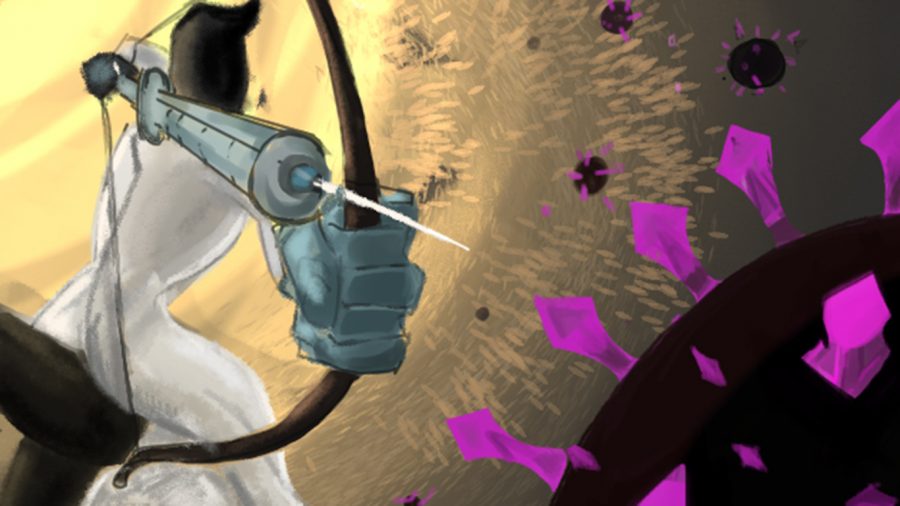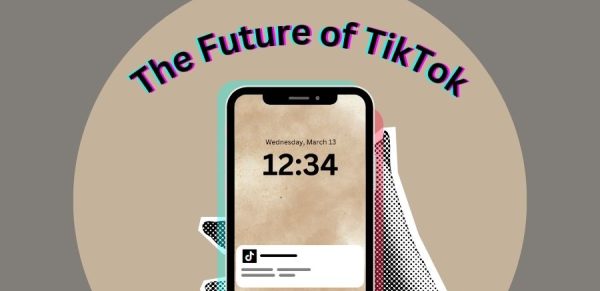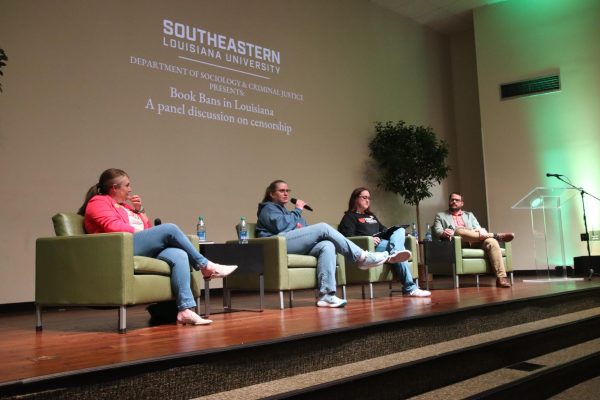COVID-19 vaccine: a work in progress
On April 23 in Oxford, England, Europe’s first human trial of the coronavirus vaccine began. This vaccine, along with many others currently being in development around the globe, is the start of a race to find a cure for the coronavirus.
According to an article published by BBC News, more than 800 people were recruited for the study, with half of the group receiving the vaccine and the other half receiving a control vaccine, which protects against meningitis but not the coronavirus.
“The vaccine is made from a weakened version of a common cold virus (known as an adenovirus) from chimpanzees that has been modified so it cannot grow in humans,” stated the article.
The Oxford vaccine works by entering the cell of the patient and producing the coronavirus spike protein, which prompts the immune system to produce antibodies and activate the body’s killer T-cells to destroy the infected cells. If the patient re-encounters the virus, the antibodies and killer T-cells are prepared to destroy the infected cells once more.
The Oxford trials will prove useless if cases in the U.K.begin to fall rapidly, because then there will be limited data for the researchers to know if the vaccine works.
“We’re chasing the end of this current epidemic wave,” said Prof. Andrew Pollard, director of the Oxford Vaccine Trial, in an interview with BBC News. “If we don’t catch that, we won’t be able to tell whether the vaccine works in the next few months. But we do expect that there will be more cases in the future because this virus hasn’t gone away.”
In the United States, researchers at the pharmaceutical company Pfizer Inc. and New York University are currently working on their own vaccine they claim will be available by September.
“It is probably the fastest way of having a vaccine available to stem this pandemic, based on the data that I have seen,” said Kathrin Jansen, leader of the vaccine research for Pfizer, in an interview with NBC News.
Pfizer began human trials on May 5 and is in the process of researching the vaccine’s effects.
The Pfizer vaccine works the same way as the Oxford vaccine, as the vaccine makes the host’s cells produce coronavirus proteins, making the body’s immune system produce antibodies to fight off COVID-19.
Developing a vaccine normally takes years, with experts saying a vaccine is on-track to become available in 2021, according to Dale Fisher, chair of the World Health Organization.
According to an article published by BBC News titled “Coronavirus vaccine: When will we have one?,” there is still a lot of work to be done in developing a vaccine for the coronavirus, and trials need to show that they are incredibly safe.
The article states that there are three major steps that need to be taken before the vaccine is ready: these trials need to show that it provokes an immune response, massive production must be prepared and medicine regulators must approve the vaccine before development.
Although new vaccines are in the works to combat the spread of the coronavirus across the globe, there are still steps that must be taken to ensure that patients are safe, the vaccine is effective and the distribution of said vaccine can reach the global population.
Your donation will support The Lion's Roar student journalists at Southeastern Louisiana University.
In addition, your contribution will allow us to cover our annual website hosting costs.
No gift is too small.
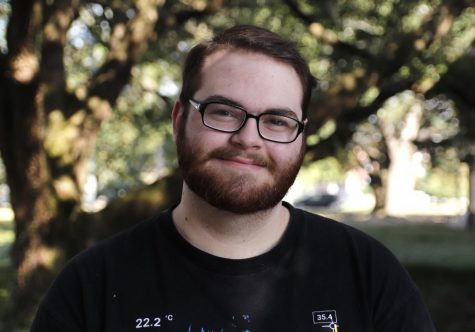
Austin Dewease is a communication major from Slidell. He has been a staff reporter with The Lion’s Roar since March 2020. Austin has a passion for filmmaking,...
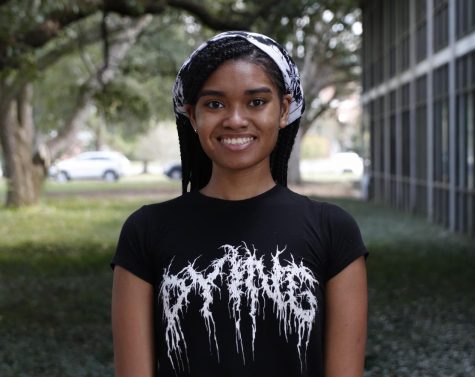
Lojuanda Weary is a biological sciences major with a concentration in integrative biology. She is the cartoonist for The Lion's Roar and occasionally draws...


